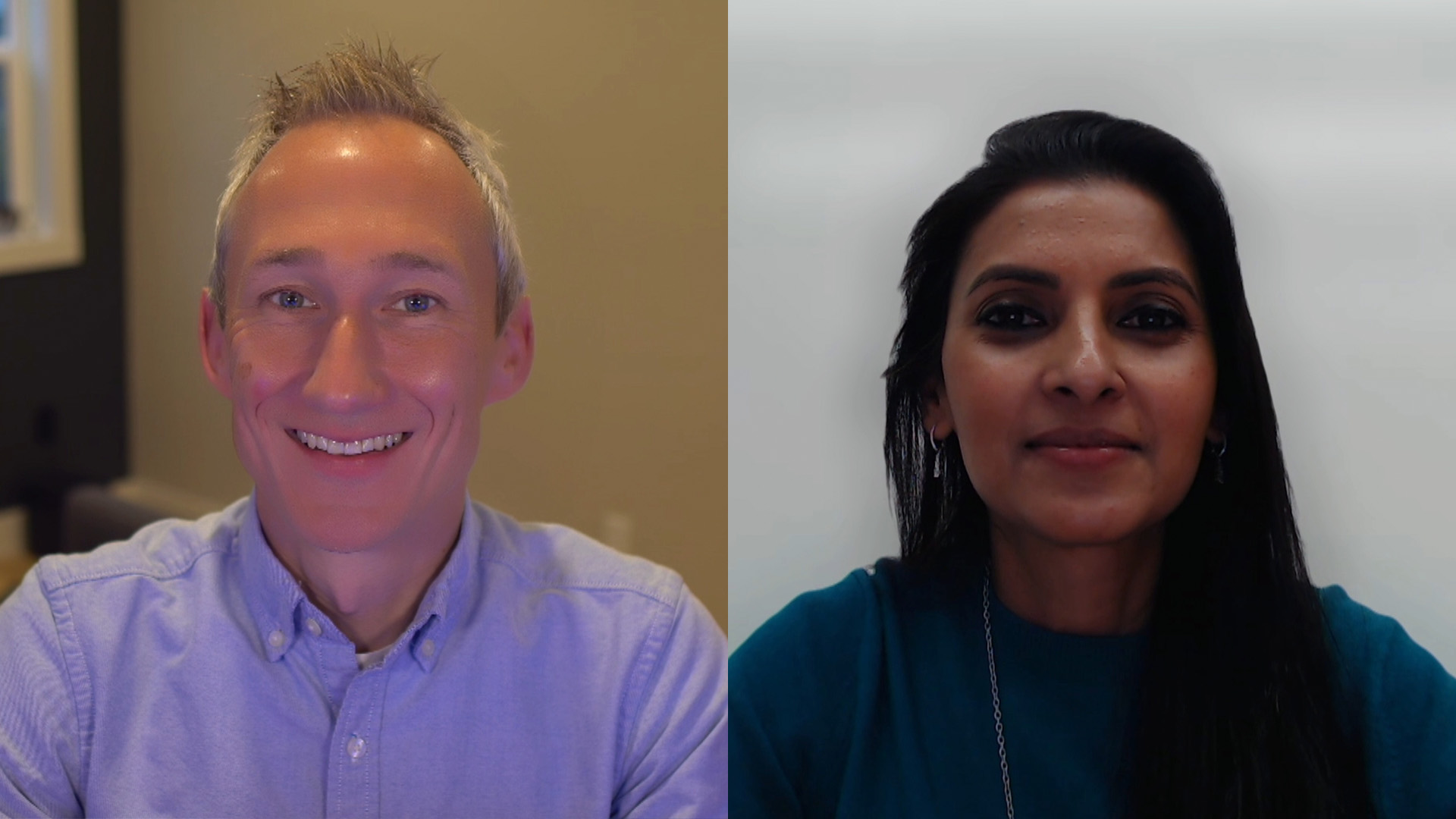Charlie Kirk’s assassination earlier this month spurred rare calls from the right for more for content moderation measures on social media.
At least two Republican lawmakers backed calls for social media platforms to remove graphic videos of the shooting, another called for lifetime bans for users who celebrated Kirk’s murder, while a senior Trump administration official suggested an end to anonymous accounts.
A week later, these calls seem to have gained little traction in Congress, and social media experts say tech companies are unlikely to pursue any change without mandates or incentives.
“Clearly we need a change in direction on some of these issues,” Federal Communications Commission chair Brendan Carr said at the Politico Tech and AI Summit on Tuesday.
However, he cautioned against government-mandated censorship, pointing to the Biden administration’s efforts to remove COVID-19 misinformation during the pandemic — a longtime GOP bugbear.
“My view today is we need to empower individual users to make their own content moderation decisions,” he said. “And give them the tools to curate their online persona.”
Carr set off a First Amendment firestorm this week with his threats against ABC affiliates in his campaign to punish late night host Jimmy Kimmel for comments about Kirk’s death, which even some Republicans say crossed a constitutional line.
But that’s just the latest example of how the polarized response to Kirk’s brutal death has tested the Republican party’s stance on free speech — especially on social media.
Soon after the gunshot struck Kirk, who was speaking at an event at Utah Valley University, videos of the moment spread quickly across X, TikTok, Meta and other social platforms.
Rep. Anna Paulina Luna (R-Fla.) called for X, Meta and TikTok to take down videos of Kirk’s death, a call supported by Rep. Lauren Boebert (R-Colo.).
“[At] some point, social media begins to desensitize humanity,” Luna wrote on Sept. 11, the day after the shooting. “We must still value life. Please take them down.”
She wrote later that day that TikTok had complied with her request, adding, “I have also asked them to take down content that uses this horrific incident to incite violence against others.”
Waves of comments celebrating Kirk’s death began almost immediately after news of his killing broke, to the disgust of Republican legislators and influencers. An online campaign to highlight these anti-Kirk users has led to dozens of firings and suspensions of teachers, nurses, military members and others across society.
Rep. Clay Higgins (R-La.) wrote on Sept. 11 that social media companies should punish these users.
“I’m going to use Congressional authority and every influence with big tech platforms to mandate immediate ban for life of every post or commenter that belittled the assassination of Charlie Kirk,” he wrote.
Neither Luna nor Higgins have introduced legislation to regulate social media companies in the past week, and they did not respond to requests for comment on this story.
White House trade adviser Peter Navarro personally called on tech billionaire and X CEO Elon Musk to take action this week.
“How about you start fighting back by cleaning up the cesspool otherwise known as X,” Navarro wrote in a Monday post online. “No more anonymous posts.”
According to Raqib Hameed Naik, executive director of the Center for the Study of Organized Hate, Kirk’s assassination exposed gaps in moderation that allow “harmful content to proliferate unchecked.”
“Once such content begins to spread, moderation systems which are already too slow and inconsistent are rarely able to contain it,” he added.
Social media platforms have either removed the graphic videos of Kirk’s shooting or made them harder to access. That the videos were able to go viral at all still concerns researchers like Naik and Ramesh Srinivasan, a professor of information studies at University of California, Los Angeles.
“I think the assassination of Charlie Kirk and these discussions about content going viral or not, or de-platforming it or not, removing it or not, it brings up the bigger elephant in the room, which is, ‘How do we wish for social media functioning in our democracies?’” Srinivasan said.
Some Republicans have renewed calls for the repeal of Section 230 of the Communications Act, which protects social media platforms and other sites from civil liability for content posted by users.
“These companies are taking content that makes you sick, that could get you killed, get you poisoned,“ Sen. Lindsey Graham (R-S.C.) said during an FBI oversight hearing on Tuesday, “and there’s nothing we can do about it under our law … because of Section 230. “
FBI Director Kash Patel said he had long wanted to repeal the legal protections.
However, Republican leaders have remained noncommittal on any specific legislative fixes after Kirk’s killing. And the party’s long-standing line of championing free speech on social media makes it unlikely that it will coalesce around new restrictions, Srinivasan said.
During the COVID-19 pandemic, Democrats successfully pushed for social platforms to crack down on disinformation and later pressured companies like X and Meta to remove President Trump’s account following the Jan. 6 Capitol riot.
The GOP has since rallied against “censorship” and successfully pressured Meta, Facebook’s parent company, and X to reinstate Trump’s accounts and reduce their content moderation measures.
Tech platforms appear unlikely to change their policies despite the recent online outrage. The Hill reached out to X, YouTube, Meta, Discord, and TikTok for comment about whether they were pursuing any changes after close-up videos of Kirk’s death went viral last week.
X and Discord didn’t respond. YouTube, TikTok, and Meta spokespeople wrote that they were enforcing their community guidelines, including by removing videos that violate them. They didn’t address whether they would change any policies to prevent similar violent videos from going viral.
“It’s an uncomfortable truth that platforms are profiting from this event, and that’s built into deeper structures than content moderation,” Julia Hawke, a peace-building and research lead at Build-Up, a nonprofit combatting conflict online, said.
Ravi Iyer, managing director of the University of Southern California’s Psychology of Technology Institute, said he doesn’t want the government trying to police social media.
“We have a First Amendment,” Iyer said. “I don’t think it’s policymakers’ jobs or the role of government to be deciding what people can and can’t say online.”
So what can the government do to protect people from exposure to harmful or traumatic content online?
Daniel Fessler, an anthropology professor at University of California, Los Angeles, said any future legislation needed to be crafted “in such a way that it cannot subsequently be abused by any government administration as the grounds for squelching, censoring, muzzling a free press.”
Hawke suggested legislation that could hold companies materially accountable for any harm caused by content on their platforms. This includes the spread of graphic videos, which medical experts say can lead to psychological distress.
Taxes and fines “are a good place to start,” Hawke said. She pointed to the European Union’s Digital Services Act, which threatens fines on companies that don’t adequately curb the spread of illegal content.
Similar legislation would face an uphill climb under the current administration. Carr has called the act a form of “European overreach” that threatens First Amendment principles on digital platforms.
Another avenue of possible legislation would include regulating social media companies’ algorithms, which are designed to proliferate content that gets the most views or engagement — including graphic content that shocks viewers.
So far, only a handful of states in the U.S. — including New York and Utah — have proposed legislation to regulate social media algorithms. New York’s SAFE for Kids Act would require that social media companies restrict addictive features in kids’ accounts while Utah’s social media amendments allow minors and their parents to sue social sites with addictive algorithms if they cause mental harm.
Rep. Alexandria Ocasio-Cortez (D-N.Y.) criticized engagement-based algorithms after Kirk’s shooting.
“Whether it’s in a political rhetoric context or not, tech platforms know that conflict and increasing conflict increases engagement, and I think that we have to ensure that they’re responsible,” she said.
But comprehensive legislation to regulate social media companies remains far off, Srinivasan said. He sees Republican calls for content moderation in the wake of Kirk’s death as “one-offs” unlikely to realize any change.
“I don’t see almost any clarity or consensus, whether it’s within the Republican Party, within the Democratic Party, or across parties around what to do about content moderation,” he said.








